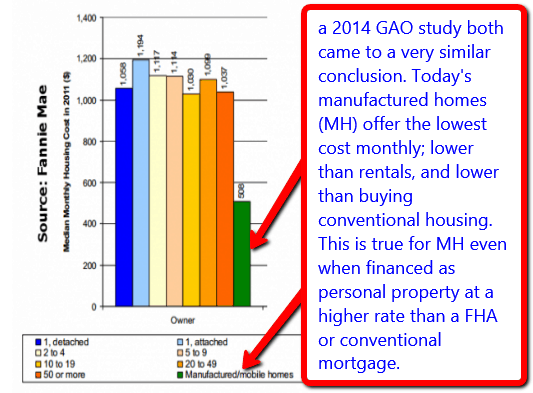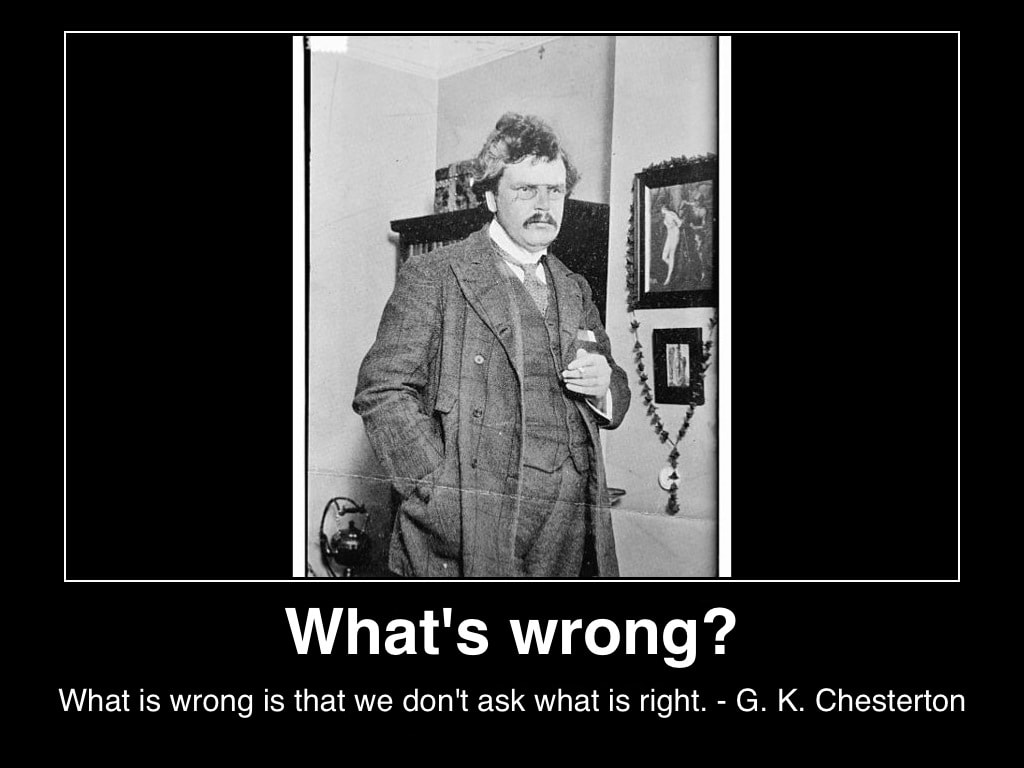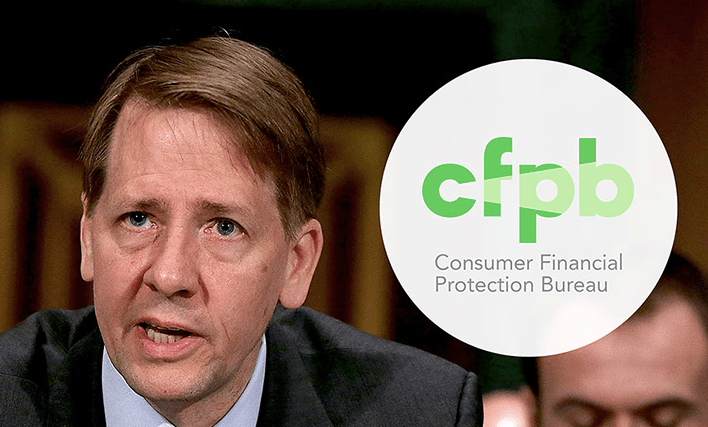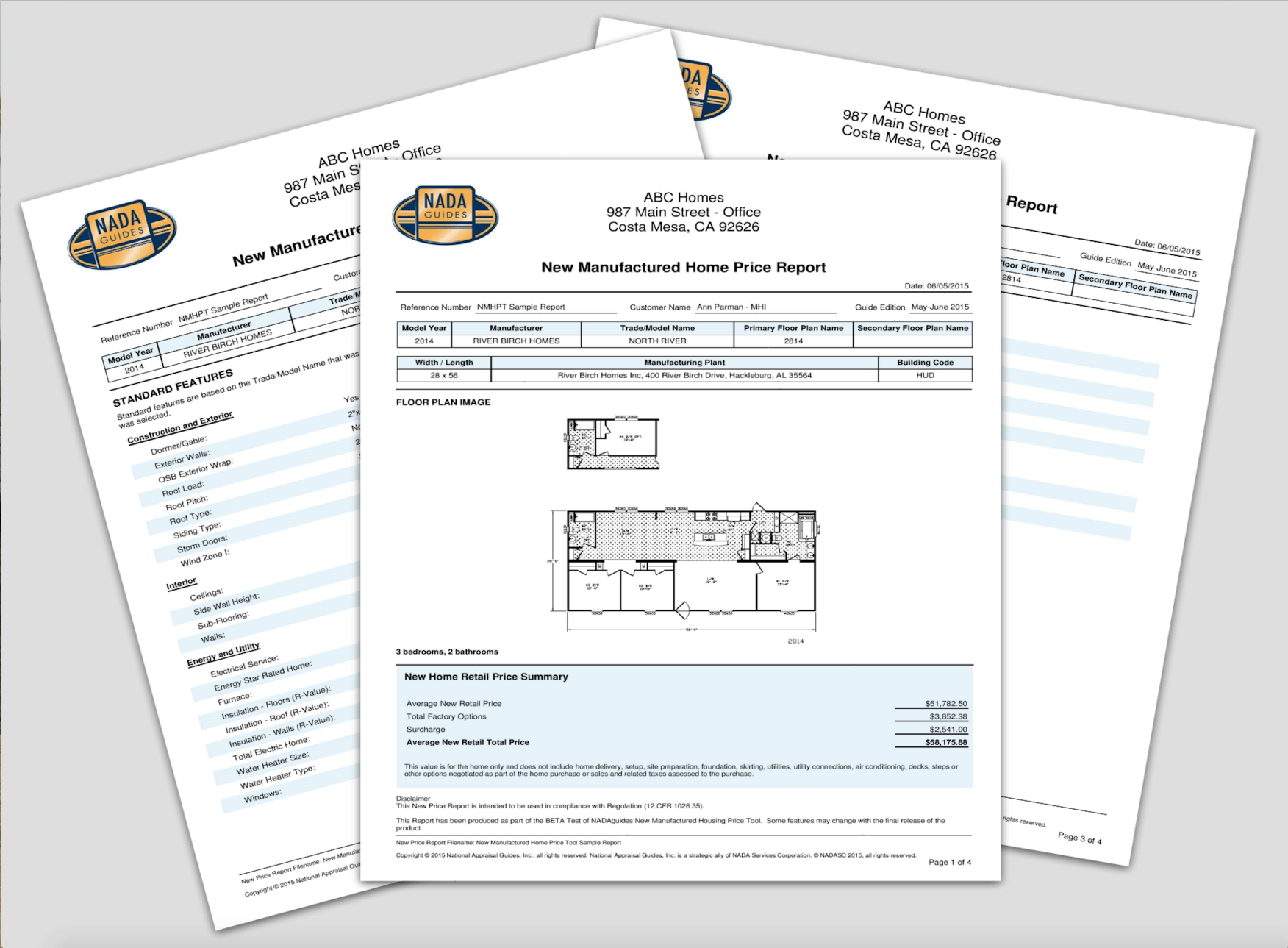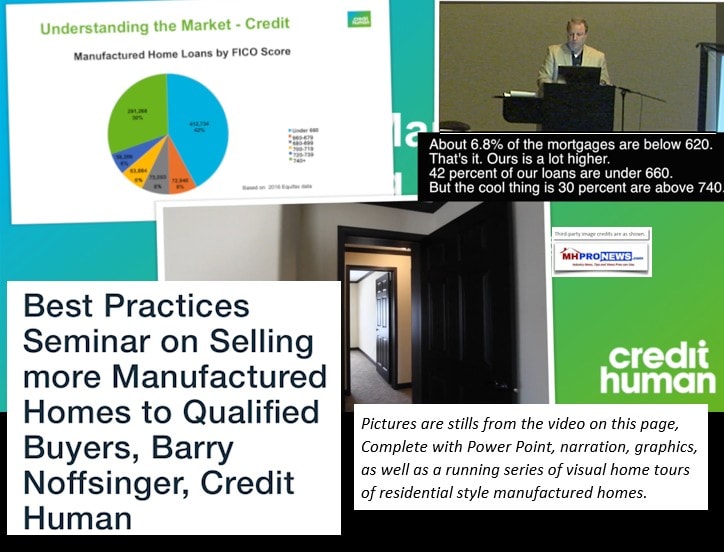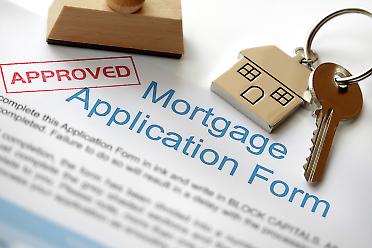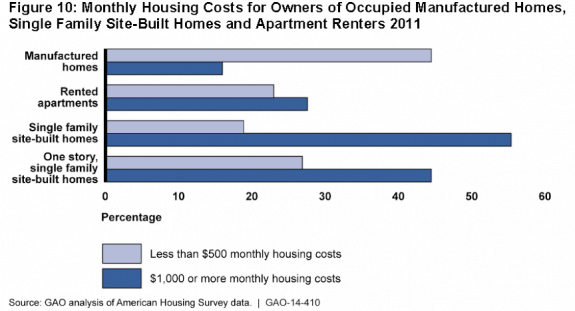 Legislation sponsored by Senator Jon Tester (D-MT) is aimed at helping the two million owners of mobile homes built before June 1976 to replace them with new models. On August 5, the Senate Energy and Natural Resources Committee adopted the Energy Efficient Manufactured Housing Act (S. 1320). The House passed companion legislation (H.R. 5019) in May.
Legislation sponsored by Senator Jon Tester (D-MT) is aimed at helping the two million owners of mobile homes built before June 1976 to replace them with new models. On August 5, the Senate Energy and Natural Resources Committee adopted the Energy Efficient Manufactured Housing Act (S. 1320). The House passed companion legislation (H.R. 5019) in May.
Supporters of the legislation say rebates of $7,500 for the purchasers of Energy Star-qualified manufactured homes would help improve the quality of life for low-income homeowners, help with energy bill savings and be a positive move for the environment. In addition, the bill would allow home owners to receive grants of up to $2,500 to cover the additional cost of removing and recycling the old home.
Linda Couch, Senior Vice President for Policy, National Low Income Housing Coalition, a group that supports the legislation, explains that in many parts of the country manufactured homes are the prominent way to have affordable housing. She says the legislation would help make those homes safer and more affordable.
To accomplish that, the legislation would make rebates available to families whose household income is less than 200 percent of the federal poverty level. Grants to fund the rebates would be distributed to states according to the number of mobile homes used as primary residences.
The legislation permits those replacing pre-June ’76 mobile homes with Energy Star homes to also receive up to $6,500 in additional American Recovery and Renewal Act (ARRA) Weatherization Assistance funds.
An “Energy Star” rated product generally uses at least 20-30 percent less energy than required by federal standards. Such energy efficient homes would be estimated to save families $800-$1000 annually in energy costs.
Manufactured Housing Institute (MHI) Executive Vice President Thayer Long explains the bill is attractive because it addresses both housing and energy.
“It’s a relatively minimal investment for the potential gain,” Long says. “In our estimation, it would be offset with additional tax revenue.”
The bill has a number of Democratic co-sponsors but Long says the chances of passage could be helped by attracting Republican co-sponsors. While some Republicans may shy away because of the cost, proponents are looking at ways to make that more palatable.
“We’re looking at options to have already-appropriated monies pay for this program so it would not require any additional new spending,” Long says. “It would be money that has already been appropriated. It would also create jobs.”
Long says in his estimation the cost, $750 million a year, would be offset with additional tax revenue.
“This is an opportunity to cut back on energy costs, while getting a lot of folks in Montana and across the country into better housing,” the bill’s sponsor Senator Tester said. “For families in our state struggling to make ends meet, we’re working to open up a door for them for a safer, more efficient home.”
The legislation also has the support of several state and national organizations including Frontier Housing, the National Housing Conference, the National Low Income Housing Coalition, the National Rural Housing Coalition, and NeighborWorks Montana.















